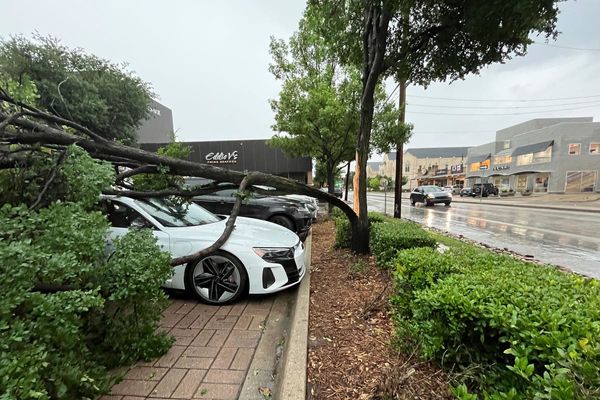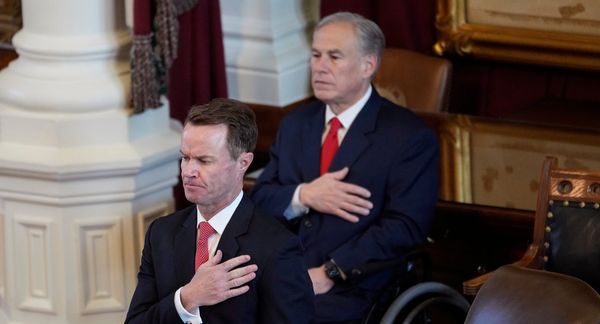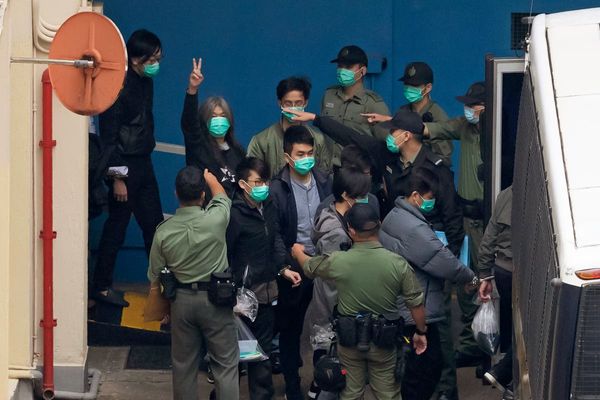
GPs across England are struggling to find work despite patients waiting weeks for appointments at practices buckling under demand.
The government has failed on a manifesto pledge to deliver 6,000 new GPs by 2024, but has allocated £1.4bn this year to fund other roles in primary care from “physician associates” to dieticians and podiatrists.
More than half of appointments are now conducted by non-GP practice staff. It is claimed that practices that have benefited from these additional roles are cutting back on doctors’ work, despite the most recent figures showing that 1.4 million patients are waiting longer than four weeks for an appointment at their medical practice.
Dr Mark Steggles, chair of the sessional GP committee at the British Medical Association (BMA), the doctors’ union, said: “I’ve heard from locums who have been working for 10 years and their work has gone overnight. Many surgeries simply cannot afford to hire the GPs they need.”
Steggles said a shortage of locum work meant increased competition for salaried roles in general practice. Job adverts for full-time roles are now reported to be regularly receiving applications of between 40 and 80 applicants for each post. A survey by the medical publication Pulse last year found a 44% reduction in the number of GP vacancies advertised since November 2022.
The most recent NHS figures show that the number of “ad hoc” locums providing temporary cover in general practice in England fell from 2,511 in March 2023 to 1,624 in March 2024, a fall of 35%.
The BMA blames an “employment crisis” on general practice funding, which had failed to keep up with inflation and an NHS England scheme to fund a range of additional roles in general practice, known as the Additional Roles Reimbursement Scheme (ARRS). The scheme was introduced in 2019 and can fund 18 roles in primary care, but does not include doctors.
Recruitment consultant Ruth Hennessey, a director at the Southampton-based GP Locum Agency, said: “Bookings have fallen by 90%. When we do get work, we email to the GPs and it’s filled in seconds.
“We have doctors who now say they will travel anywhere for work. I’ve got some GPs who are going back into hospital work.”
Neena Jha, who works as a locum GP in Hertfordshire, said she benefited from regular work at a local practice, but offers for other sessions elsewhere had almost disappeared.
“This huge drop in locum work seems to have happened really quickly,” said Jha. “I was getting so many emails last year to cover shifts and it’s now almost nothing.
“[Colleagues] are contacting loads of different surgeries, dropping in their CVs in and are being told there is no work. Shifts are being taken over by other non-doctors.”
Kamila Hawthorne, chair of the Royal College of GPs, said this weekend the government should extend the ARRS scheme to cover GPs and it should not be used to “plug gaps in the workforce”.
She said: “General practice has faced decades of neglect, underfunding and poor workforce planning, and now we don’t have the GPs to keep up with the growing need for our care. It’s extremely frustrating to hear that some GPs are struggling to find vacancies.”
Richard Fieldhouse, chairman and founder of the National Association of Sessional GPs, which has an online platform connecting GP locums and practice managers, said data for its platform did not suggest practices in the areas it covered were cutting sessions, but he considered the locum workforce had expanded in recent years. He said the size of the workforce was not being accurately captured by the NHS and it could be more effectively deployed.
He said: “There is a huge, untapped resource out there of locums and with a bit of extra support they could be the solution to getting patients the help they need.”
The most recent general practice workforce data shows the number of GPs (full-time equivalent), including trainees, increased from 34,359 in March 2020 to 37,235 last March. Over the same period, the number of fully qualified GPs fell from 28,016 to 27,574.
An NHS spokesperson said: “The NHS is training more and more GPs and the latest facts show increase of 807 fully qualified GPs – and under NHS Long Term Workforce Plan we’re going to go further – increasing the number of GP training places by 50% to 6,000 by 2031-32.
“The additional primary care roles are to support the work of hard-working GPs – helping patients get support from mental health support to nursing and physiotherapy.”







